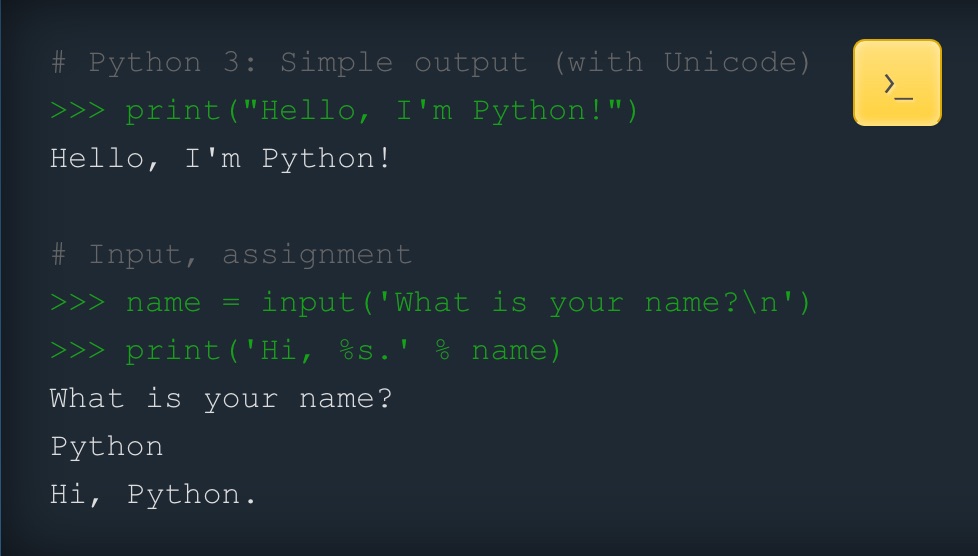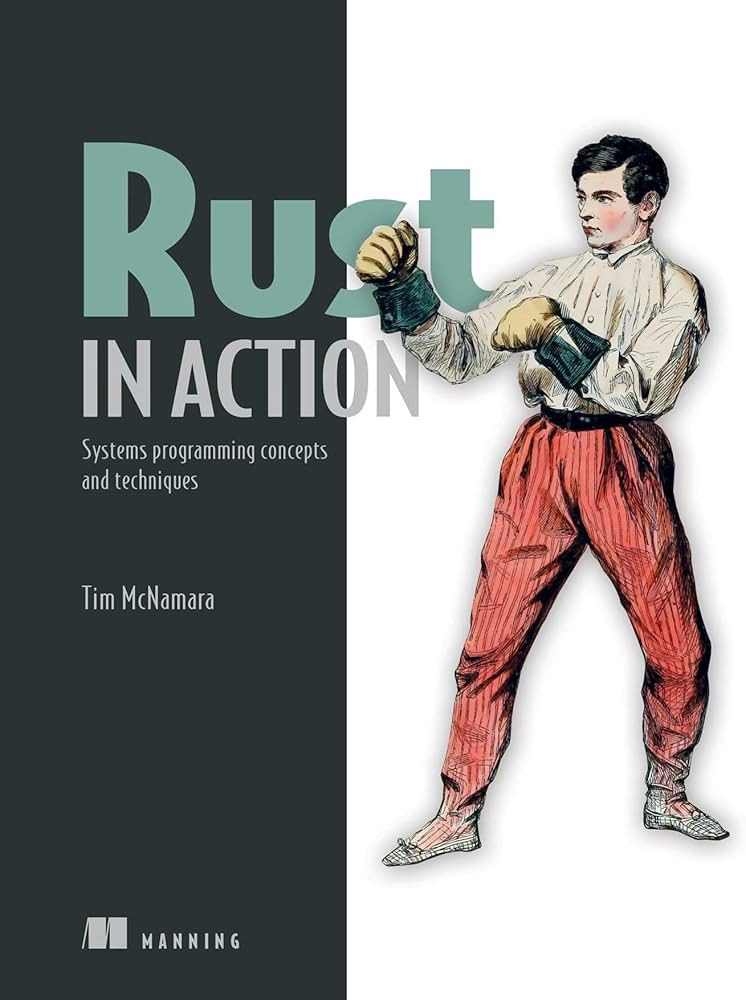
Unlocking the Power of Python: A Guide for All Levels
In today’s fast-paced tech landscape, Python programming stands out as a pillar of versatility and ease of use, appealing to both novices and seasoned developers. The beauty of Python lies not only in its syntax, which reads almost like English, but also in its powerful libraries that facilitate everything from web development to data analysis.
But let’s talk about why I believe every budding programmer should start their journey with Python. When I first dipped my toes into the coding waters, I was shocked by how quickly I could write basic scripts and see results. The exhilarating sense of achievement I felt after successfully debugging my first program was unmatched. The ease of getting started with Python encourages creativity and exploration.
 Exploring the world of Python programming can be thrilling!
Exploring the world of Python programming can be thrilling!
Why Choose Python?
Python is often recommended as the first programming language due to its broad applicability and clear syntax. Its comprehensive documentation and supportive community play significant roles in assisting learners. Numerous resources are available online, ranging from detailed tutorials on sites like Codecademy to interactive platforms such as LeetCode for honing problem-solving skills.
As I continued my programming journey, I found that Python powers many applications we interact with daily. Instagram, for instance, uses Python for its server-side logic. Realizing that the skills I was developing had the potential to build applications that could touch millions of lives was incredibly motivating. Also, Python’s extensive selection of libraries—from Django for web development to NumPy for data science—means you don’t need to reinvent the wheel. This opens the door to rapid prototyping, allowing you to bring your ideas to life much faster than with many other programming languages.
Real-World Applications
It’s one thing to write code in a vacuum; it’s another to see it applied in the real world. I remember when I first created a simple web scraper using Python’s Beautiful Soup. I was able to gather data from various sites and analyze it in ways that were previously impossible for me. This project not only solidified my understanding of Python’s capabilities but also helped enhance my analytical skills. Such practical experiences make a world of difference in understanding programming concepts.
 Hands-on projects can significantly elevate your understanding of programming.
Hands-on projects can significantly elevate your understanding of programming.
The field of data science, in particular, has emerged as a thriving domain for Python enthusiasts. Many companies are leveraging big data to improve their decision-making processes. Python’s simplicity paired with powerful libraries like Pandas and Matplotlib allows individuals to manipulate data, create visualizations, and derive insights without needing an extensive background in statistics or complex programming.
Overcoming Challenges
Now, let’s not sugarcoat things—learning Python, like any new skill, can come with its generate frustration. Early on, I found myself grappling with concepts like object-oriented programming and functional programming paradigms. Rather than deterring me, these challenges fueled my determination. I discovered forums like Stack Overflow to be invaluable for problem-solving. Getting involved in coding communities is a great way to connect with others, share knowledge, and feel supported during those inevitable difficult days.
The Python community is one of its strongest assets. Through similar groups on platforms like Reddit, I encountered individuals who shared their learning curves and projects, which was a source of endless inspiration. It’s uplifting to see others navigating the same challenges—and equally thrilling to celebrate collective achievements.
Conclusion
Ultimately, whether you’re eyeing a future in web design, data analysis, or even machine learning, Python provides the foundation to get there. It’s a language that doesn’t just open doors but helps you kick them down. I encourage anyone contemplating entering this exciting field to take the plunge. There’s no better time to learn Python than now; who knows what you’ll build?
 The potential applications of Python are limitless.
The potential applications of Python are limitless.















